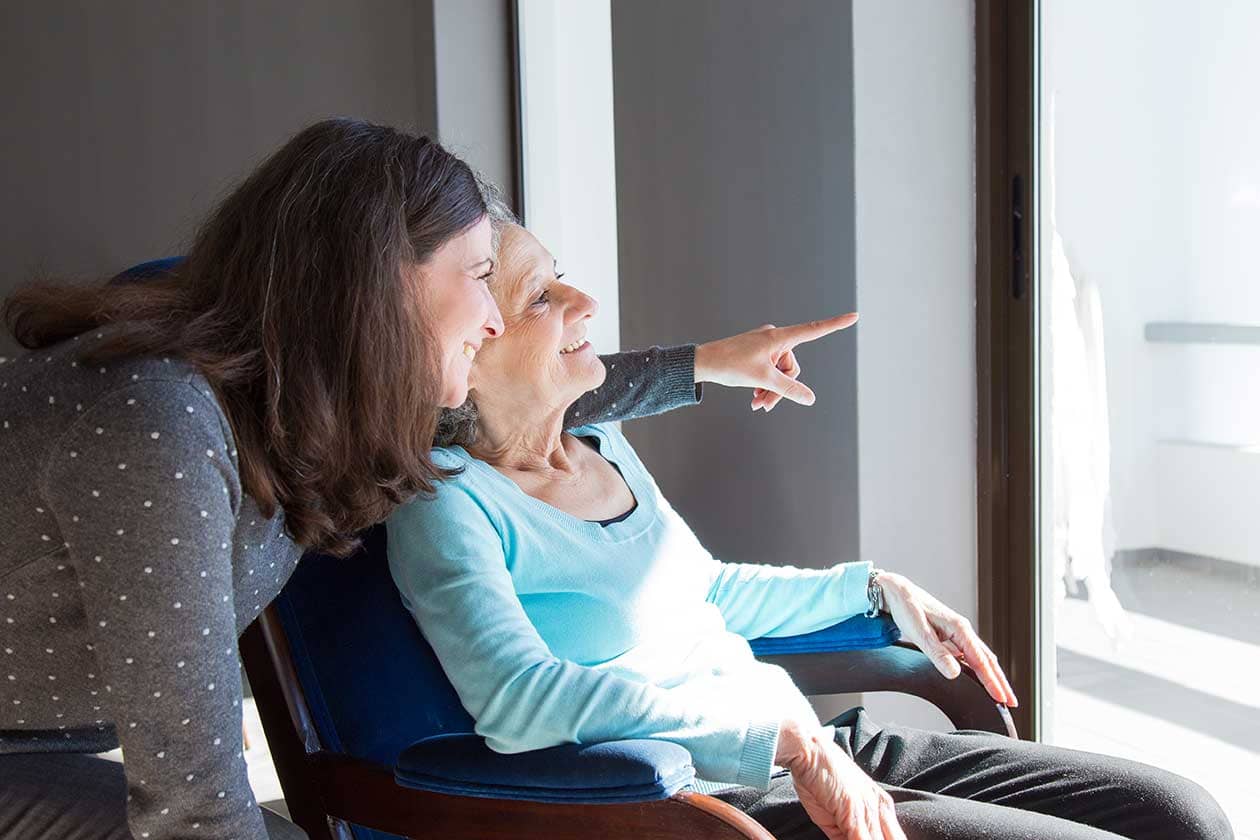Top tips for an enjoyable senior travel
- Admin |
- June 27, 2023
Travel requirements and preferences can change significantly as we age, regardless of whether you are a seasoned globetrotter or...
Read more
It is common to experience bad days or low moods occasionally, but experiencing these emotions consistently suggests something more serious, such as depression.


It is common to experience bad days or low moods occasionally, but experiencing these emotions consistently suggests something more serious, such as depression. Depression in older adults is more than just experiencing "the blues" or grieving the loss of a loved one. It is a very real medical condition that is also curable.
Although older adults are more likely to experience depression, it is not a typical aspect of getting older. According to the Centers for Disease Control, depression in seniors can frequently go undiagnosed because medical professionals mistake its symptoms for a normal response to an illness or other life changes.
Despite having a higher risk of depression, most seniors do not have depression. The majority of elderly patients who receive antidepressant medication, therapy, or both report improvements in their symptoms.
Here are some guidelines for spotting depression in elderly people and how to seek help:
The symptoms of depression in older adults can be difficult to spot; you might see an empty plate of food or a lack of interest in once-enjoyable hobbies. Prolonged sadness or anxiety that can last for weeks is one of the biggest warning signs of depression. Other symptoms of depression in older adults may include:
Senior depression's precise causes are unknown, but experts think a person's life may contain a number of factors that contribute to it. In addition to understanding the signs of depression in older adults, it is critical to understand what factors can increase a person's risk of developing depression.
Although every individual is unique, the following list of potential causes of depression in older adults may be helpful:
Adults' environments can seem more and more lonely as they get older. It is possible for partners and loved ones to pass away, as well as for neighbors, friends, and family to move, and for it to get harder to leave the house physically.
Having undergone surgery or been ill, older people may struggle. Feelings of helplessness may be exacerbated by a surgery that limits a person's ability to be as active as before or by a chronic disease, cancer, or a stroke.
A person's life can be filled with significant traumatic events that strike them out of the blue. The mental health of seniors can be negatively impacted by a variety of situations, including financial difficulties, the loss of a loved one, and abuse.
A person's behavior and mental state may change as a result of taking certain medications. It is best to discuss how your medications are impacting you or a loved one with your doctor. Similar emotional changes can also result from alcohol use.
There are many ways to assist and support seniors who are depressed, which is good news.
Here is a list of ways you can help a loved one if you are worried about them and believe they may be depressed:
Communication is essential. One of the best ways to find out what is going on with a loved one is to speak to them directly. An older adult may benefit from venting on occasion, but there are other times when you may discover that they need assistance but are hesitant to ask for it. Take the time to talk about what is going on in their life, either way.
For an elderly person, moving into a senior living facility is a significant change. Making frequent phone calls or in-person calls can help them feel more at home. Establish a timetable and block off space to show your family member that you are there for them. How are you doing? and "What did you do today?" are two straightforward questions that can be very helpful.
Spend time playing games, taking walks, or exploring the neighborhood if you can make it there in person. Give the elderly person in your life a planned activity to look forward to, such as visiting a museum, trying a new restaurant, or visiting with other friends and family.
Considering that your family member might be reluctant to ask for assistance, handle this topic delicately. You can let an elderly person know they are not alone, no matter what they are going through, by offering to go with them to an appointment. In order to diagnose and, if necessary, treat your loved one, this can also be a crucial step.
For an elderly person suffering from depression, moving into a senior living facility can have many advantages. Communities like Heritage Care Home Community provide an inviting environment that attracts senior citizens to form new relationships and maintain an active lifestyle through a variety of programs and activities.
A person's quality of life is ageless, according to the residents of Heritage Care Home. We provide a variety of senior living options at Heritage Care Home, all of which are constructed with a high level of service and a sense of community. Contact us to find out more about Heritage Care Home.

Travel requirements and preferences can change significantly as we age, regardless of whether you are a seasoned globetrotter or...
Read more
Dogs are excellent elderly companions. Dogs are a delight to share a house with because of their amusing, devoted, and adorable personalities...
Read more
Any age can find dating intimidating, but older adults in particular. The majority of people only date once...
Read more
Aging is a universal truth; everybody who has been born will grow older. However, seeing your loved ones grow older and weaker is hard...
Read more
Memory holds real significance in everyone’s life. It is a representation of our past experiences with happy, sad, or mixed emotions...
Read moreFEEL THE PLEASURE OF BEING CAREFREE